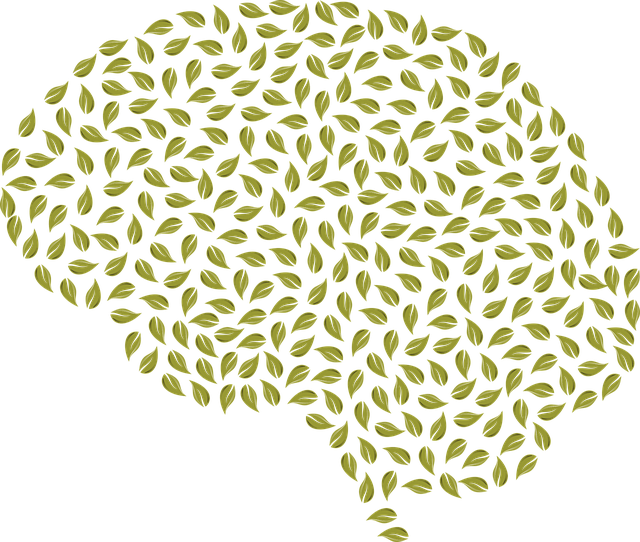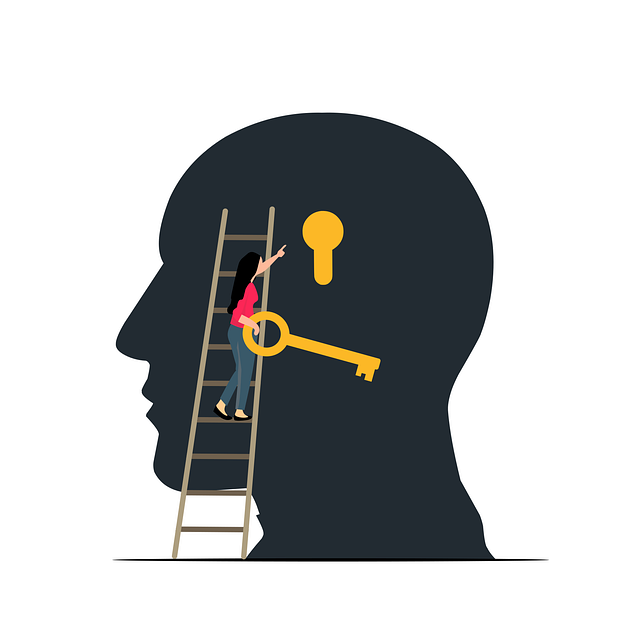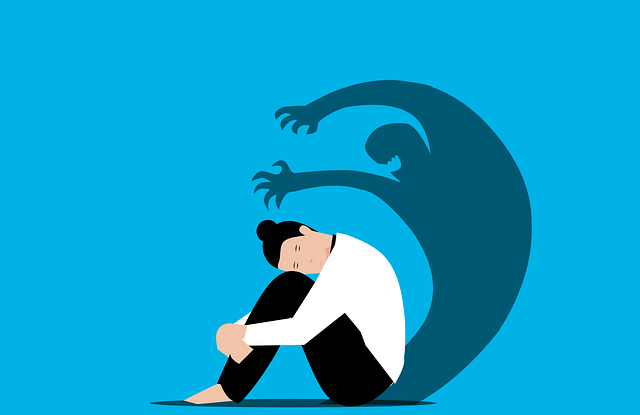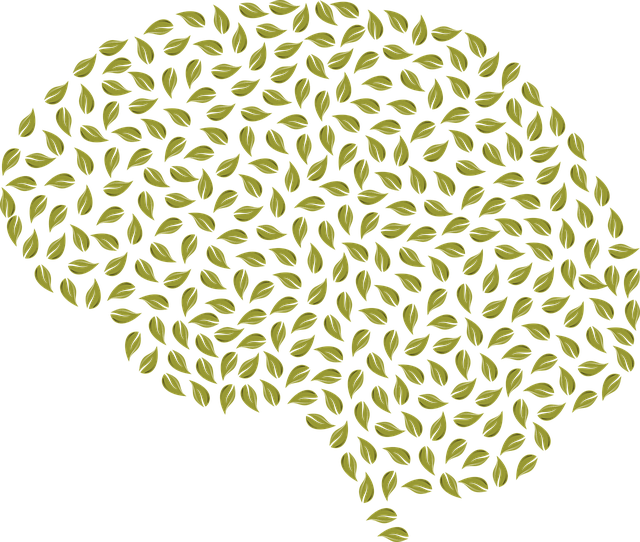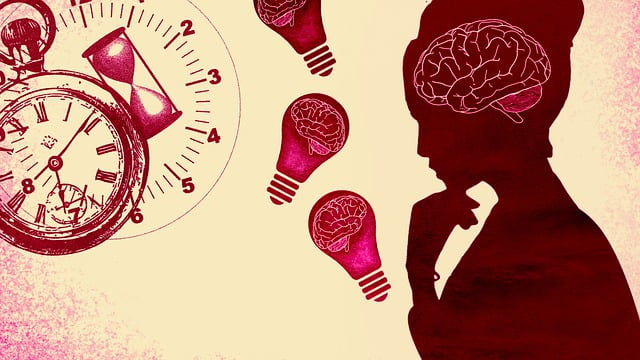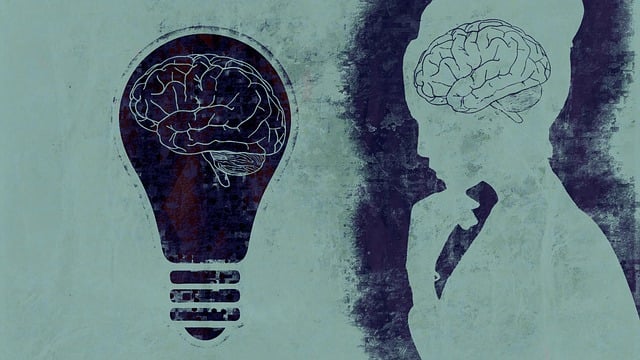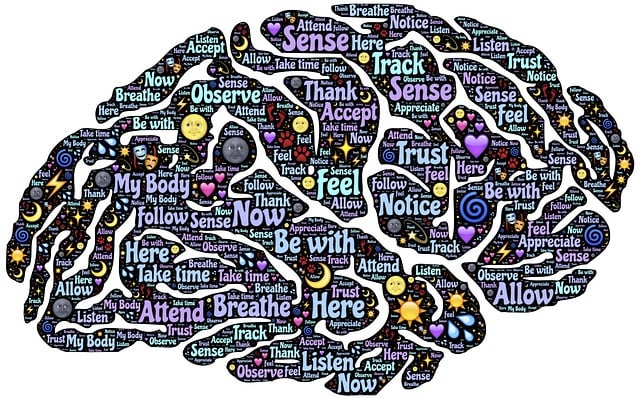Emotional intelligence (EI) is a powerful tool for adolescent development, especially for girls and boys dealing with postpartum depression or seeking therapy. Recognizing and managing emotions, as well as empathizing with others, helps teens regulate moods, make better decisions, and build robust relationships. Early EI development prevents or mitigates mental health issues like depression. Therapy for adolescent teens with postpartum depression incorporates cognitive-behavioral techniques, supportive counseling, and education for the teen and their support network. Structured programs designed to foster emotional well-being teach teens to identify triggers, manage intense feelings, and cultivate positive thinking patterns, enhancing resilience and improving mental health outcomes.
Emotional intelligence (EI) is a vital asset for adolescent teens navigating their formative years. Understanding EI and its profound impact on teen mental health is crucial, especially in addressing issues like postpartum depression among young mothers. This article explores strategies to build resilience and manage emotions, offering valuable insights into fostering better mental health for therapy-seeking adolescent teens and providing tools to combat postpartum depression effectively.
- Understanding Emotional Intelligence and its Impact on Teens
- Identifying Postpartum Depression in Adolescent Girls
- Strategies to Build Resilience and Manage Emotions for Better Mental Health
Understanding Emotional Intelligence and its Impact on Teens

Emotional intelligence (EI) is a crucial aspect of adolescent development, especially for teens navigating the complexities of growing up. It involves recognizing and managing one’s own emotions, as well as understanding and empathizing with others’ feelings. For teen girls and boys dealing with issues like postpartum depression or seeking therapy for adolescent teens, EI can be a game-changer.
Developing emotional intelligence helps young individuals regulate their moods, make better decisions, and build strong relationships. It equips them with conflict resolution techniques and fosters mental health awareness from an early age. By promoting inner strength development, teens become more resilient in the face of challenges, whether it’s managing peer pressure or understanding their emotions during hormonal changes. This ability to recognize and respond appropriately to emotional cues can prevent and mitigate issues related to mental health, including depression.
Identifying Postpartum Depression in Adolescent Girls

Postpartum depression (PPD) is a serious mental health condition that can affect adolescent girls following childbirth. Recognizing the signs early on is crucial, as timely intervention and therapy for adolescent teens with PPD can significantly improve outcomes. Emotional intelligence plays a vital role in this process, enabling mental health professionals to connect with young mothers and provide crisis intervention guidance tailored to their unique needs.
The symptoms of PPD in adolescents may differ from those experienced by adults, making it essential for therapists to be adept at risk management planning. This involves assessing the individual’s emotional state, identifying any suicidal thoughts or behaviors, and ensuring safe custody arrangements for the infant. Effective therapy for adolescent teens with PPD often includes cognitive-behavioral techniques, supportive counseling, and educating both the teen and her support network about the condition and available resources.
Strategies to Build Resilience and Manage Emotions for Better Mental Health

Building resilience and managing emotions effectively are key strategies for improving mental health, especially for adolescent teens navigating life’s challenges. Therapy plays a pivotal role in equipping young individuals with tools to cope with stress, anxiety, and even postpartum depression. Through structured programs designed to foster emotional well-being, teens can learn to recognize and regulate their emotions, fostering a sense of control and enhancing their overall mental resilience.
Mental health education programs that incorporate stress management workshops have proven effective in promoting healthy coping mechanisms. These initiatives teach adolescents techniques to identify triggers, manage intense feelings, and cultivate positive thinking patterns. By integrating emotional well-being promotion techniques into their lives, teens can build a strong foundation for navigating future challenges, ultimately contributing to improved mental health outcomes and overall life satisfaction.
Emotional intelligence is a powerful tool for teens to navigate their mental health journey. By understanding and managing emotions, adolescents can build resilience against challenges like postpartum depression. Implementing strategies discussed in this article, including therapy tailored for adolescent teens, empowers them to recognize and cope with feelings effectively. With the right support, teens can develop emotional agility, fostering better overall well-being.

